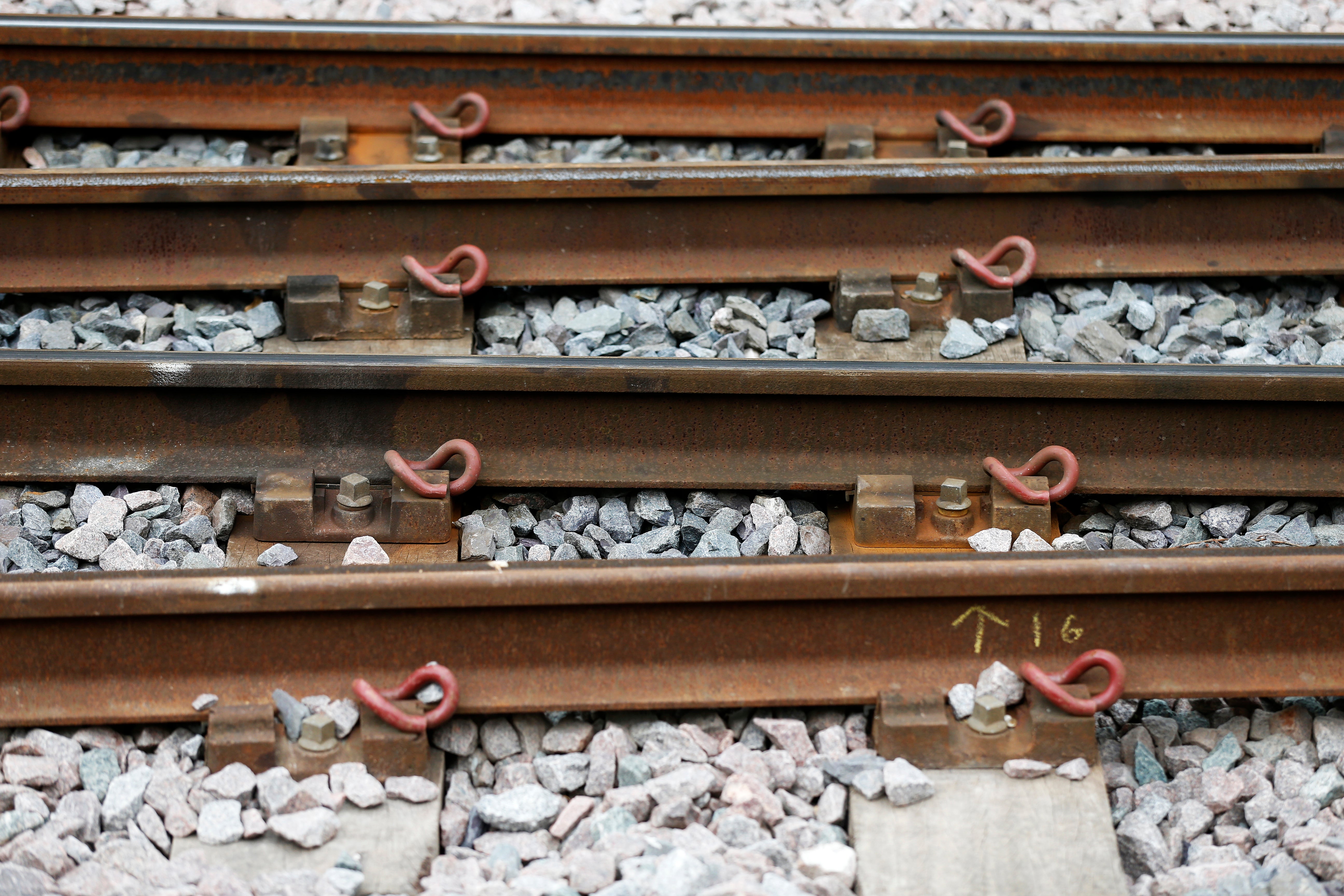Fifth of rail staff trained to prevent suicide thanks to link with Samaritans
Workers are trained to have the confidence and skills to identify vulnerable people and start a conversation to get them to safety.

More than 25,000 staff across Britain’s railways have been trained to help prevent suicide.
Samaritans said a fifth of rail workers are now equipped with the skills to save lives thanks to its partnership with the industry, which began in 2010.
Staff are trained to have the confidence and skills to identify vulnerable people and start a conversation to get them to safety.
Some 657 potentially life-saving interventions were made by rail employees between April 1 2021 and March 5 2022.
Saying something is better than nothing at all
Samaritans head of rail programme, Olivia Cayley, said: “We’ve worked hard over the pandemic years to move our training online to continue to reach and train more staff.
“We know the pandemic has had a huge impact on the nation’s mental health and that will be felt for a long time.
“But suicide is preventable, and the public can help too.
“We hope it’s comforting to know that rail staff and British Transport Police are out there to help, but we want to urge people to keep their eyes peeled, trust their instincts, and start a conversation.
“You won’t make the situation worse, and saying something is better than nothing at all. A simple question can be enough to interrupt someone’s suicidal thoughts and save a life.”
Louise McNally, suicide prevention and trespass lead at Network Rail, said: “Suicide is not inevitable, and thanks to the work of the rail industry and our partners like Samaritans we have made significant strides tackling these tragic events on and around the railways.”
– The Samaritans can be contacted 24 hours a day, free, on 116123.